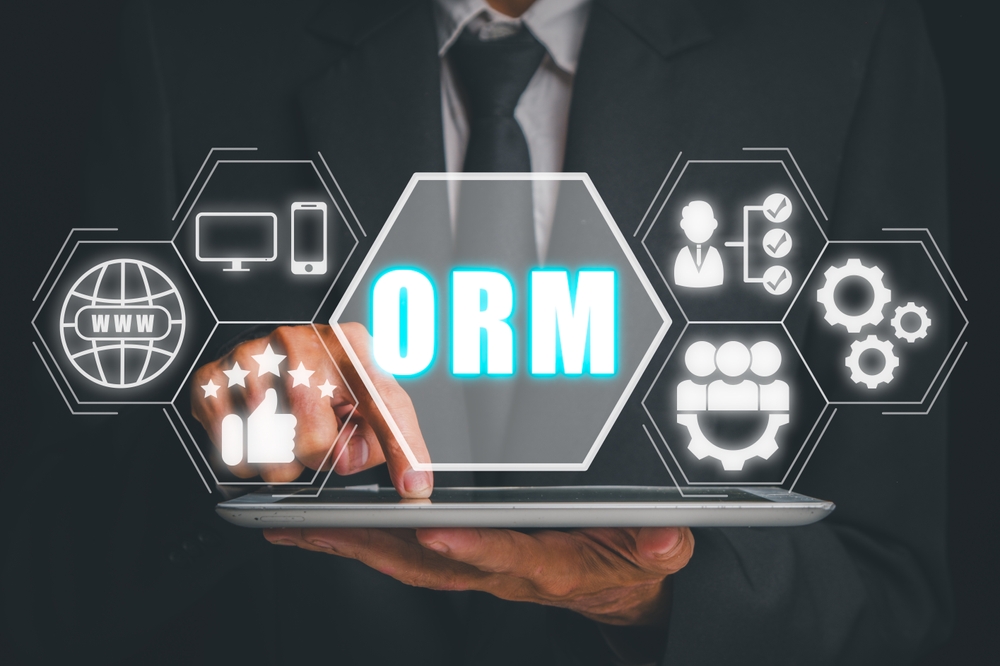In today’s digital era, a business’s or individual’s online presence significantly impacts their success. Whether you’re a brand, entrepreneur, job seeker, or influencer, what appears online when someone searches your name or business can make or break opportunities. This is where Online Reputation Management (ORM) becomes essential. ORM is not just about damage control; it’s a proactive strategy to shape perceptions, build credibility, and grow your digital influence.
This comprehensive guide explores every aspect of online reputation management. From understanding its fundamentals to mastering advanced tactics, we dive deep into how ORM can transform your personal or professional journey. Let’s get started.
What is Online Reputation Management?
Online Reputation Management (ORM) involves monitoring, influencing, and maintaining the perception of an individual, brand, or organization on the internet. It combines marketing, public relations (PR), legal, and SEO strategies to ensure that people find the right materials when they look up your name or business online.
ORM includes managing search engine results, online reviews, social media profiles, forums, news articles, blogs, and any other online content that affects public perception.
Why Online Reputation Management Matters
- Trust and Credibility: 90% of consumers read online reviews before visiting a business. A negative review or article can lead to lost customers and opportunities.
- First Impressions Count: The first page of search results is the new business card. A single damaging post can influence hiring decisions, partnership offers, and customer trust.
- Crisis Prevention: Proactively managing your online image helps avoid reputation crises or handle them quickly and effectively.
- Sales and Revenue: Companies with positive reputations attract more customers, enjoy higher conversion rates, and can charge premium prices.
Key Components of ORM
- Search Engine Optimization (SEO)
- Content Creation and Marketing
- Review Management
- Social Media Management
- Monitoring and Alerts
- Public Relations and Outreach
How to Monitor Your Online Reputation
Start with a simple Google search of your name or brand. Set up Google Alerts for mentions. Use tools like:
- Mention
- Brand24
- Hootsuite
- Talkwalker
- SEMrush
Track reviews on sites like:
- Google My Business
- Yelp
- TripAdvisor
- Trustpilot
- Glassdoor
Social listening is essential to understanding how people perceive your brand in real-time.
Strategies to Build a Positive Online Reputation
- Create High-Quality Content: Blog posts, videos, podcasts, and social media content that highlight your expertise.
- Engage with Your Audience: Respond to comments and reviews promptly and professionally.
- Get Featured: Collaborate with influencers, podcasts, or news outlets to earn positive press.
- Leverage SEO: Optimize your content to rank higher on search engines.
- Maintain Consistency: Ensure your brand voice, imagery, and messaging are consistent across platforms.
Dealing with Negative Reviews and Feedback
- Stay Calm and Professional: Avoid defensive responses.
- Respond Promptly: Acknowledge the issue and offer a solution.
- Take the Conversation Offline: Provide an email or phone number to discuss further.
- Encourage Positive Reviews: Ask satisfied customers to share their experiences.
- Use Feedback Constructively: Learn and adapt based on criticism.
Online Reputation Management Tools
Here are some powerful tools for ORM:
- Google Alerts: For real-time mention tracking
- Reputology: Specializes in review monitoring
- Birdeye: Offers review management and customer feedback
- Yext: For business listings and reputation analytics
- Sprout Social: All-in-one social media management
The Role of SEO in ORM
SEO helps push positive content higher in search engine rankings while suppressing negative or irrelevant content. Focus on:
- Optimizing your website
- Publishing fresh and engaging content
- Building backlinks from authoritative sites
- Creating profiles on platforms like LinkedIn, Crunchbase, Medium
Social Media and ORM
Your social media presence plays a huge role in ORM:
- Post consistently with valuable content
- Engage with followers
- Monitor mentions and respond proactively
- Use branded hashtags
- Avoid controversial or polarizing content unless it’s part of your strategy
Personal ORM vs Business ORM
While the core principles are similar, the execution differs:
- Personal ORM: Focuses on job seekers, executives, public figures. Emphasizes professional achievements, thought leadership, and personal branding.
- Business ORM: Involves customer service, product reviews, brand sentiment, and industry authority.
Hiring an ORM Agency: What to Consider
- Experience and Track Record: Ask for case studies or references
- Transparency: Avoid agencies that promise unrealistic results or use black-hat tactics
- Customization: Every ORM strategy should be tailored
- Tools and Techniques: Ensure they use ethical, up-to-date strategies
Future of Online Reputation Management
As AI, voice search, and decentralized platforms grow, ORM will evolve. Expect:
- More personalized content recommendations
- AI-driven sentiment analysis
- Greater emphasis on video and audio content
- Reputation scores becoming part of consumer decisions
Final Thoughts
Online Reputation Management is a continuous effort, not a one-time fix. By staying proactive, leveraging the right tools, and adopting ethical strategies, individuals and businesses can build a resilient and trustworthy digital presence.
Your reputation is your most valuable asset. In a world where perception equals reality, ORM ensures you’re always putting your best digital foot forward.
Also Read: Mastering Social Media Marketing in 2025: Trends, Strategies & Insights for Success





